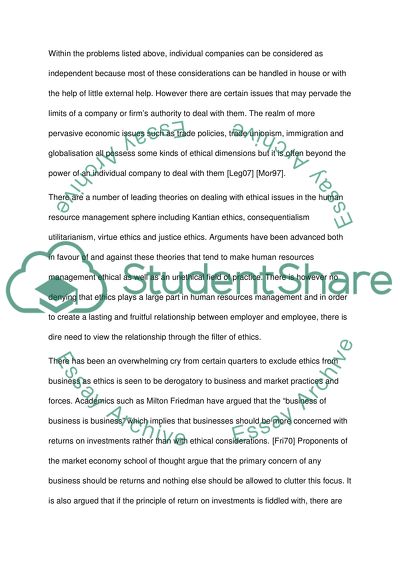Cite this document
(“The Ethics of Human Resource Management Essay Example | Topics and Well Written Essays - 2500 words”, n.d.)
The Ethics of Human Resource Management Essay Example | Topics and Well Written Essays - 2500 words. Retrieved from https://studentshare.org/miscellaneous/1581615-the-ethics-of-human-resource-management
The Ethics of Human Resource Management Essay Example | Topics and Well Written Essays - 2500 words. Retrieved from https://studentshare.org/miscellaneous/1581615-the-ethics-of-human-resource-management
(The Ethics of Human Resource Management Essay Example | Topics and Well Written Essays - 2500 Words)
The Ethics of Human Resource Management Essay Example | Topics and Well Written Essays - 2500 Words. https://studentshare.org/miscellaneous/1581615-the-ethics-of-human-resource-management.
The Ethics of Human Resource Management Essay Example | Topics and Well Written Essays - 2500 Words. https://studentshare.org/miscellaneous/1581615-the-ethics-of-human-resource-management.
“The Ethics of Human Resource Management Essay Example | Topics and Well Written Essays - 2500 Words”, n.d. https://studentshare.org/miscellaneous/1581615-the-ethics-of-human-resource-management.


